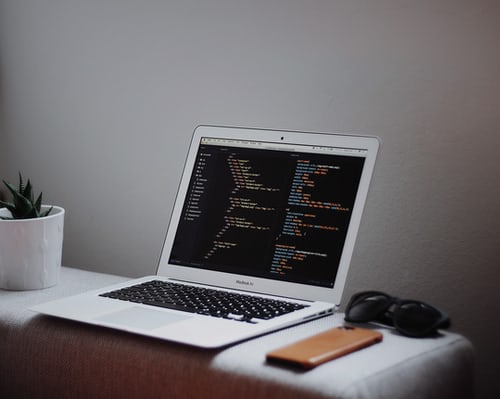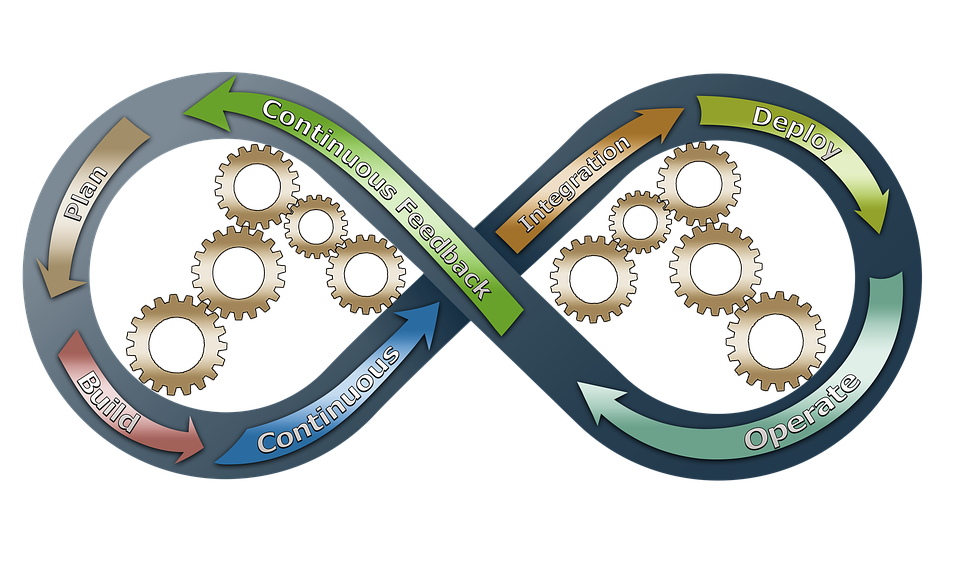Security of online privacy is very significant. Especially for students, given the plans of the online education system. Online platforms are prone to data theft and may lead to serious consequences. According to experts of a dissertation writing service, students can ensure online privacy security by taking into account the following precautions.
Limiting the Information Sharing on Social Media
Students should limit information sharing on social media platforms to protect their privacy. They should think twice before sharing any personal information on social media. It makes it easier for cybercriminals to get information from their accounts. This may lead to loss of students’ financial information or loss of identity. In most cases, the hackers access this info using from social media profiles. Students should come up with strong passwords for their social media platforms. So that they can prevent others’ access to their accounts. Students should make strong passwords. Students should make strong passwords using a mix of alphanumeric and special characters. This will help them achieve online privacy security.
Browse in a Private Mode
Students can browse in a private mode to ensure online privacy security. This mode does not save students’ browsing history, internet files, and web cookies. Web browsers these days provide their versions of ensuring privacy security. For instance, in chrome, it is known as Incognito Mode. These modes are not completely private. As students’ Internet Service Providers can see students’ browsing activity. The websites you are using can track you too. The tracking may affect your online privacy security and lead to data breach.
Use a Diverse Search Engine
Students rely on search engines like Google, Bing or Ask. There are some other browsers as well that ensure student privacy. These search engines do not save or send students’ personal information for browsing. These anonymous search engines ensure online security. As they do not save the information and block the ad trackers on their browsers.
Use of a Private Cybernetic Network
Students can ensure online privacy security by using a private cybernetic network like a virtual private network. A VPN gives the student who is using it privacy by creating an unknown and private network. It masks students’ addresses of the Internet Protocol (IP). so that the online actions of the students are virtually unreachable. The use of the VPN is necessary. it wil ensure privacy security, especially when students use public networks. Use of VPN make it difficult for cybercriminals to breaks students’ online privacy. It will not give them access to their personal information.
Paying Attention to Where Students Click
One of the most common ways cybercriminals steal students’ personal information is phishing. They steal this information related to emails, account information, personal information through attempts of phishing. They send fake emails which look to be sent from educational institutes or banks. These emails ask for personal and account-related information. Students have to click on links to provide or verify the information. Students can ensure online privacy security by paying attention to where they are clicking.
Securing Mobile Phone
Many students spend most of their time on social media sites or answering the males than on laptops. It is significant to pay attention to securing the online privacy security on phones. Students should use a password to lock their mobile phones. Even though this looks like a hassle for students to enter a password every time they open their phones. It can save them from losing their information when their phone gets lost. Students should ensure that they have complex passwords. The passwords and code shouldn’t be easy to guess. Moreover, the accounts must be protected with two-factor authentication. It will ensure their online privacy security.
Use of Good Anti-Virus Software
Last, students should install anti-virus software on their smart devices. This will reduce the chances of any cyberattacks especially when you are working remotely. Once students have installed this software on their devices, they should update it timely. The manufacturers update their virus protection software to protect against the new malware, spyware, and latest viruses. Students should install updates as they become available to ensure online privacy security.
Conclusion
The use of online resources is increasing day by day as the world becomes more and more digital. In this era, students can ensure their online privacy security by being vigilant. Students should ensure using a private network and avoid unnecessary or malware sites. They should also use passwords and anti-virus software on their devices. They should also spend some time reading the terms and conditions before signing up. The terms and conditions will allow the students to know if they are being tracked or not.




